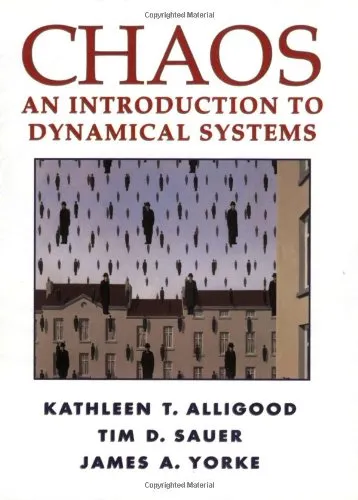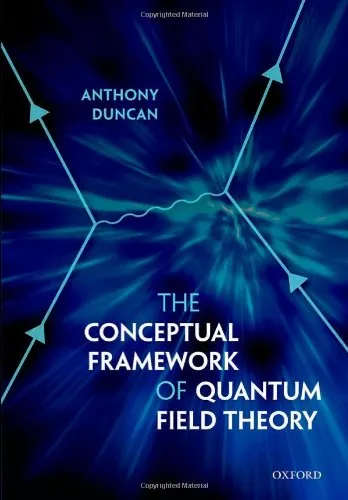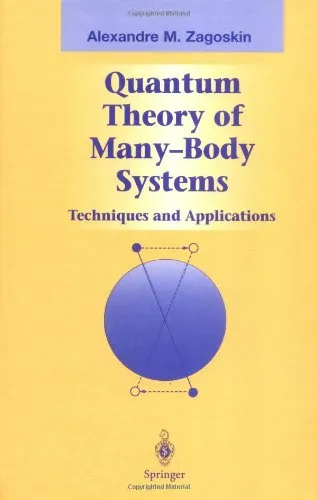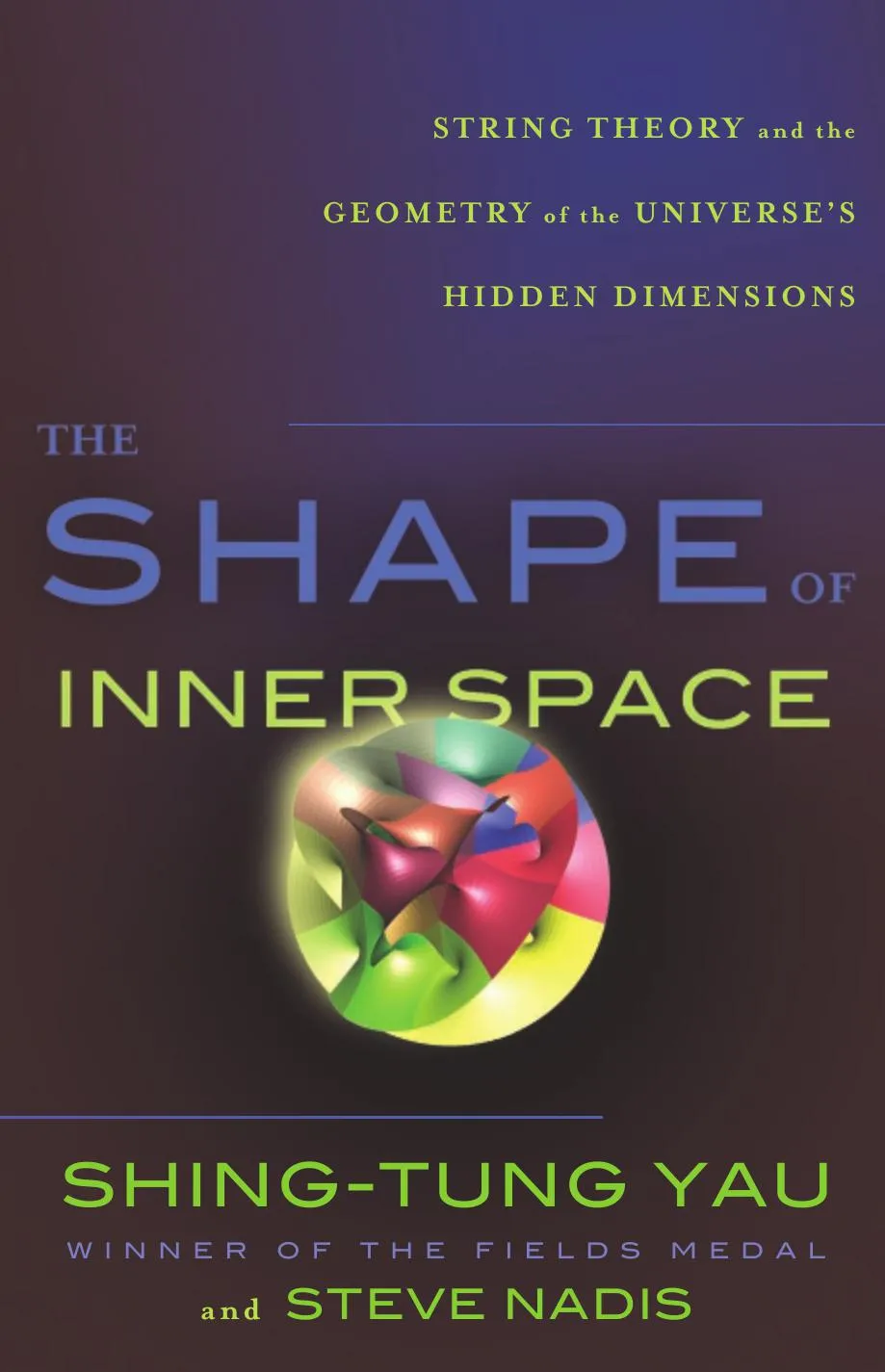Chaos: An Introduction to Dynamical Systems
4.6
Reviews from our users

You Can Ask your questions from this book's AI after Login
Each download or ask from book AI costs 2 points. To earn more free points, please visit the Points Guide Page and complete some valuable actions.Related Refrences:
Introduction to "Chaos: An Introduction to Dynamical Systems"
"Chaos: An Introduction to Dynamical Systems" by Kathleen T. Alligood, Tim D. Sauer, and James A. Yorke is a landmark textbook that opens the door to the fascinating world of chaos theory and dynamical systems. This book provides a comprehensive, yet approachable, introduction to a subject that challenges traditional notions of order and predictability in mathematics and science. With its blend of mathematical rigor and accessible explanations, this text is designed for college students, researchers, and anyone passionate about exploring the intricacies of nonlinear systems.
A Detailed Summary of the Book
Spanning a wide range of topics, "Chaos: An Introduction to Dynamical Systems" introduces readers to the foundational ideas and applications of chaos theory. It begins by laying the groundwork with an exploration of key mathematical concepts, such as differential equations, discretization, and iteration. The book then transitions to fundamental principles of dynamical systems, exploring both one- and multi-dimensional systems in detail.
The hallmark of the book is its thorough exploration of chaos, including sensitive dependence on initial conditions, strange attractors, bifurcations, and fractals. The authors skillfully intertwine mathematical concepts with real-world examples, demonstrating chaos theory’s significance in areas such as meteorology, engineering, biology, and economics.
Supplemented with diagrams, figures, and clearly explained proofs, the book strikes a balance between theory and application. Furthermore, the authors offer thought-provoking exercises at the end of every section, encouraging readers to deepen their understanding of this challenging but rewarding subject.
The book also includes advanced topics like the Lyapunov exponent, symbolic dynamics, and the concept of universality, making it suitable for students and professionals alike. Whether your focus is on mathematics, physics, or computational science, this text delivers insights that are both practical and intellectually stimulating.
Key Takeaways
- Understanding the fundamental properties of chaotic systems, including sensitive dependence and unpredictability.
- Exploring key concepts such as bifurcations, strange attractors, and fractals.
- Practical applications of chaos theory across fields like weather prediction, population dynamics, and signal processing.
- Mathematical tools and models used to describe nonlinear phenomena.
- Theoretical and computational methods for analyzing chaotic behavior in dynamical systems.
The book emphasizes the interplay between theoretical foundations and real-world applications, emphasizing why chaos theory is relevant in scientific research and beyond.
Famous Quotes from the Book
"Chaos explores the unpredictable while revealing the structure behind apparent randomness."
"One of the key characteristics of a chaotic system is its sensitive dependence on initial conditions, meaning that even the smallest change can lead to drastically different outcomes."
"Nonlinear systems challenge the traditional assumption of linearity, reshaping how scientists approach real-world problems."
Why This Book Matters
"Chaos: An Introduction to Dynamical Systems" is more than just a textbook; it’s an invitation to explore one of the most revolutionary ideas in modern mathematics. Chaos theory has transcended the boundaries of academia, influencing fields as diverse as meteorology, epidemiology, finance, and even philosophy. This book demystifies chaos theory for readers by making complex ideas both understandable and exciting.
By providing practical examples, visual representations, and accessible explanations, the authors empower readers to apply chaos theory to real-world challenges. With its interdisciplinary approach, this book is a bridge between theory and practice, helping students and professionals alike appreciate the beauty and utility of dynamical systems.
In the broader scope of science, chaos theory highlights the importance of embracing complexity and uncertainty in understanding the universe. For anyone intrigued by the unpredictable yet structured nature of natural phenomena, "Chaos: An Introduction to Dynamical Systems" is essential reading.
Free Direct Download
You Can Download this book after Login
Accessing books through legal platforms and public libraries not only supports the rights of authors and publishers but also contributes to the sustainability of reading culture. Before downloading, please take a moment to consider these options.
Find this book on other platforms:
WorldCat helps you find books in libraries worldwide.
See ratings, reviews, and discussions on Goodreads.
Find and buy rare or used books on AbeBooks.
1466
بازدید4.6
امتیاز0
نظر98%
رضایتReviews:
4.6
Based on 0 users review
Questions & Answers
Ask questions about this book or help others by answering
No questions yet. Be the first to ask!















